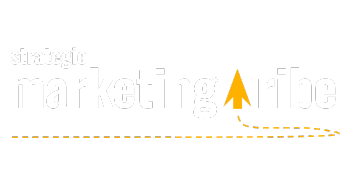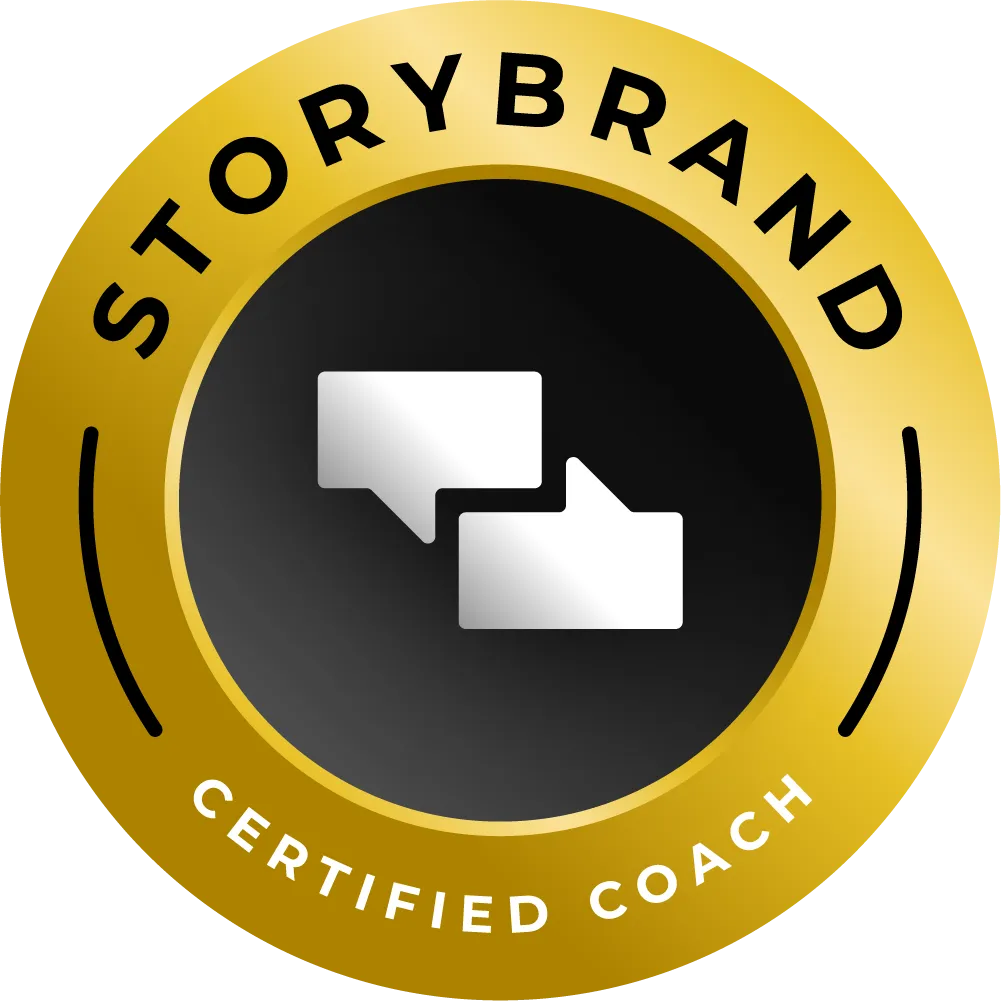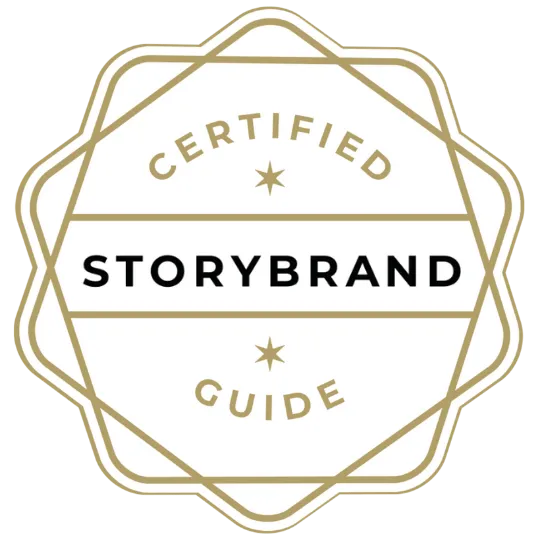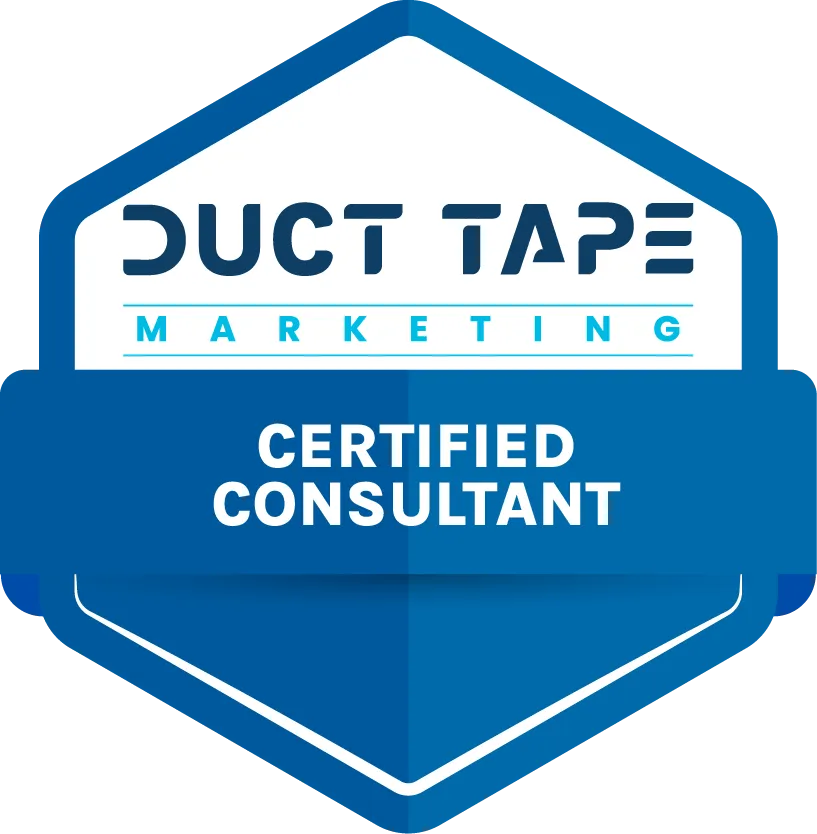STORY, MEET STRATEGY
Let’s make marketing feel less robotic and more real.
Find resources that bring your message—and your business—to life.

StoryBrand Guide Name Is Back—and Here’s Why It Matters
By Vicky Sidler | Published 15 September 2025 at 12:00 GMT+2
If you’ve ever changed your business name and regretted it, congratulations—you’re in excellent company.
StoryBrand just pulled a reverse Uno card on one of its biggest brand changes and brought back the name “StoryBrand Guide.”
According to the official StoryBrand team (via their recent podcast episode and announcement), the decision came from a desire to better reflect the value of the guide community and reconnect with the name that built trust in the first place.
And if you’re wondering why a name tweak matters in the grand scheme of small business marketing, the short answer is: clarity. The longer answer is below.
TL;DR:
StoryBrand is officially bringing back the title “StoryBrand Guide”
The shift is about more than naming—it’s about positioning, trust, and community
For small business owners, this reinforces the value of working with certified experts
Clarity in messaging helps both sides: the guide and the client
This is a good reminder that names matter—but clarity matters more
👉 Need help getting your message right? Download the 5-Minute Marketing Fix
Table of Contents:
StoryBrand Guide Name Is Back—and Here’s Why It Matters
The Guide Is Back—But It Never Really Left:
Why This Matters to Small Business Owners:
A Win for Positioning—and for Common Sense:
What This Reminded Me About My Own Business:
What This Signals for the Future of StoryBrand:
Why This Is a Reminder for Your Own Marketing:
Digital Marketing Costs in 2025: What Agencies Really Charge
Build Brand Loyalty Without the Noise
Humans Beat AI at Adapting—Here's Why That Matters for Your Business
AI vs Human Creativity in Problem Solving: What Works Best?
Hyper-Connectivity Is Reshaping Marketing—Here's What To Do
FAQs About the StoryBrand Guide Name Change
Why did StoryBrand bring the Guide name back?
Did the name ever officially go away?
What does this mean for business owners?
What’s the benefit of working with a Guide instead of a general marketer?
I’m a small business owner. Should I care about this name change?
Didn’t Strategic Marketing Tribe go through a name change too?
The Guide Is Back—But It Never Really Left:
Donald Miller made it clear in the announcement: the term “StoryBrand Guide” never stopped carrying weight.
But it did get temporarily replaced with “StoryBrand Coach”—a naming pivot meant to help outsiders understand the role. Ironically, it just created more confusion.
At the same time, the StoryBrand podcast also wandered. It started as Building a StoryBrand, became Marketing Made Simple, and now returns as The StoryBrand Podcast. A full-circle moment.
So the brand name, the podcast, and the community title are all back where they started—and, frankly, where they always made the most sense.
If you’ve read the book, the word “Guide” works perfectly to explain the role we play in the StoryBrand Community.
And even if you haven’t, “Guide” allows for a broader role—one that includes strategy, creative, execution, and ongoing support.
“Coach” felt narrower. Like we were only allowed to give advice and cheer from the sidelines.
As Don put it:
“We wanted to bring it back to promote you, our guide community. We want to get you more elevated in the world... so that if anybody trusts anybody to do their marketing, it goes back to StoryBrand guides.”
That’s not just a title change. That’s positioning.
And the truth is, a lot of us never stopped using the name.
I’ve always called myself a StoryBrand Guide. Clients still ask for one by that name. The community—at least the active part of it—has kept the title alive through referrals, websites, and conversations.
It stuck because it worked.
Why This Matters to Small Business Owners:
If you’re a founder trying to decide who to trust with your messaging, this move should help.
The term “StoryBrand Guide” signals training, consistency, and a shared framework.
No, it doesn’t guarantee someone is good. But it tells you they’ve been through a system that prioritises clarity over fluff, and customer understanding over cleverness.
For those of us who use StoryBrand in the real world, it also means clearer conversations with clients:
We can use the name without a caveat or long explanation
Clients can Google “StoryBrand Guide” and find us
The badge actually means something again
If you're already working with a Guide, this rebrand should give you more confidence. You’re not buying one person’s method. You’re buying into a standard.
A Win for Positioning—and for Common Sense:
StoryBrand teaches that your brand’s message needs to be clear, consistent, and customer-focused.
This rebrand follows that same advice.
The name “Guide” is familiar. It reflects the role we play. It’s clear. And it sticks.
It also does what every good brand name should do:
Says what you do
Shows who you serve
Sets expectations
Signals authority
This isn’t about nostalgia. It’s about alignment.
When your internal language matches your external message, it builds trust. Whether you’re a guide or a client, that’s the goal.
What This Reminded Me About My Own Business:
I’ve been through this myself.
When I changed my business name from theContenTribe to Strategic Marketing Tribe, it was for all the right reasons. The old name didn’t reflect the full scope of what I do anymore. It sounded like I only focused on content, when in reality, I help businesses simplify their entire marketing strategy.
And no one could spell it. Not even close.
But even though the pivot made sense, it still set me back.
I had to start over with a new domain. New SEO. New branding. New social handles. It was like being demoted to intern in my own company.
So when I saw StoryBrand return to the name that made sense from the start, I felt two things at once: relief, and recognition.
Rebrands are hard. Even the ones that should work.
If you’re thinking about making a big change, think about what the name does for the customer, not just your own sense of identity. That’s what this StoryBrand move gets right.
What This Signals for the Future of StoryBrand:
Let’s be honest. StoryBrand could’ve stuck with the new names. Most customers probably wouldn’t have noticed.
But instead, they chose the harder path. They listened to their community, admitted the pivot didn’t land, and returned to what worked.
That’s a strong signal. It tells us:
The guide network is being prioritised
StoryBrand is leaning into strategic partnerships
There’s a renewed focus on long-term trust over short-term trends
If you’re a Guide, this is your cue to lean back in.
If you’re a business owner, it’s your green light to look for someone who calls themselves a StoryBrand Guide—because now that title carries more weight than ever.
Why This Is a Reminder for Your Own Marketing:
Whether you’re running a bakery, a law firm, or a SaaS platform, the lesson here applies:
Clarity beats cleverness.
If your customers are confused about what you offer, how you help, or even what you call yourself, they will hesitate.
This move from StoryBrand is a public case study in fixing that. They dropped what wasn’t working. They returned to what people trusted. They re-aligned their brand with their actual promise.
And you can do the same.
👉 Download the 5-Minute Marketing Fix to craft a clear, compelling message that helps customers trust you faster.
Because sometimes, the clearest path forward is the one you already had.
Related Articles:
Digital Marketing Costs in 2025: What Agencies Really Charge
Wondering what it costs to work with a certified expert after reading about StoryBrand Guides? This breakdown gives you a real-world view of pricing, value, and what to watch out for.
Build Brand Loyalty Without the Noise
If the idea of clear, consistent messaging struck a chord, this post shows how to turn that clarity into actual customer loyalty—without adding more marketing fluff.
Humans Beat AI at Adapting—Here's Why That Matters for Your Business
This post expands on the value of working with trained humans, not just tools. If you liked the part about StoryBrand Guides bringing nuance and clarity, read this next.
AI vs Human Creativity in Problem Solving: What Works Best?
The StoryBrand framework works because it’s flexible and human. This article digs into why human creativity still wins when things get complicated—like most real-world marketing.
Hyper-Connectivity Is Reshaping Marketing—Here's What To Do
StoryBrand works best in a noisy world. This post explains how rising expectations and constant digital overload make clear messaging more important than ever.
FAQs About the StoryBrand Guide Name Change
What is a StoryBrand Guide?
A StoryBrand Guide is a certified marketing professional trained in the StoryBrand Framework. They help businesses clarify their message so customers actually understand what they offer and why it matters.
Why did StoryBrand bring the Guide name back?
Originally, StoryBrand swapped “Guide” for “Coach” to make it clearer for people unfamiliar with the book. But it ended up creating more confusion, not less. “Guide” was already in the book, already recognised by clients, and it gave professionals more room to work strategically—not just coach from the sidelines. Bringing it back reconnects the brand with what actually resonated in the market.
Did the name ever officially go away?
Technically, yes. The podcast name and branding shifted over time, and the term “Guide” wasn’t always front and center. But many of us never stopped using it. Clients still asked for “a StoryBrand Guide,” and that consistency won out.
What does this mean for business owners?
It means you now have more clarity when hiring a marketing partner. If someone calls themselves a StoryBrand Guide, you know they follow a proven framework that focuses on customer clarity, not just flashy tactics.
What’s the benefit of working with a Guide instead of a general marketer?
StoryBrand Guides use a repeatable structure to craft clear, compelling messages. Instead of guessing what your audience wants to hear, they help you build trust fast using a system that’s worked for thousands of businesses.
I’m a small business owner. Should I care about this name change?
Yes—because it makes it easier to find qualified help. The name “Guide” is your shortcut to identifying someone trained to help you clarify your message and grow your business.
Didn’t Strategic Marketing Tribe go through a name change too?
Yes. I changed from theContenTribe to Strategic Marketing Tribe to better reflect the work I do now. It was worth it for clarity, but it came with setbacks—new domain, new SEO, new everything. This StoryBrand move reminded me why naming matters, and how hard it is to get it right.
How can I clarify my own business message?
Start with the5-Minute Marketing Fix. It’s a free tool I give to every client, and it helps you craft a one-liner that makes people say, “Oh, I get what you do now.”
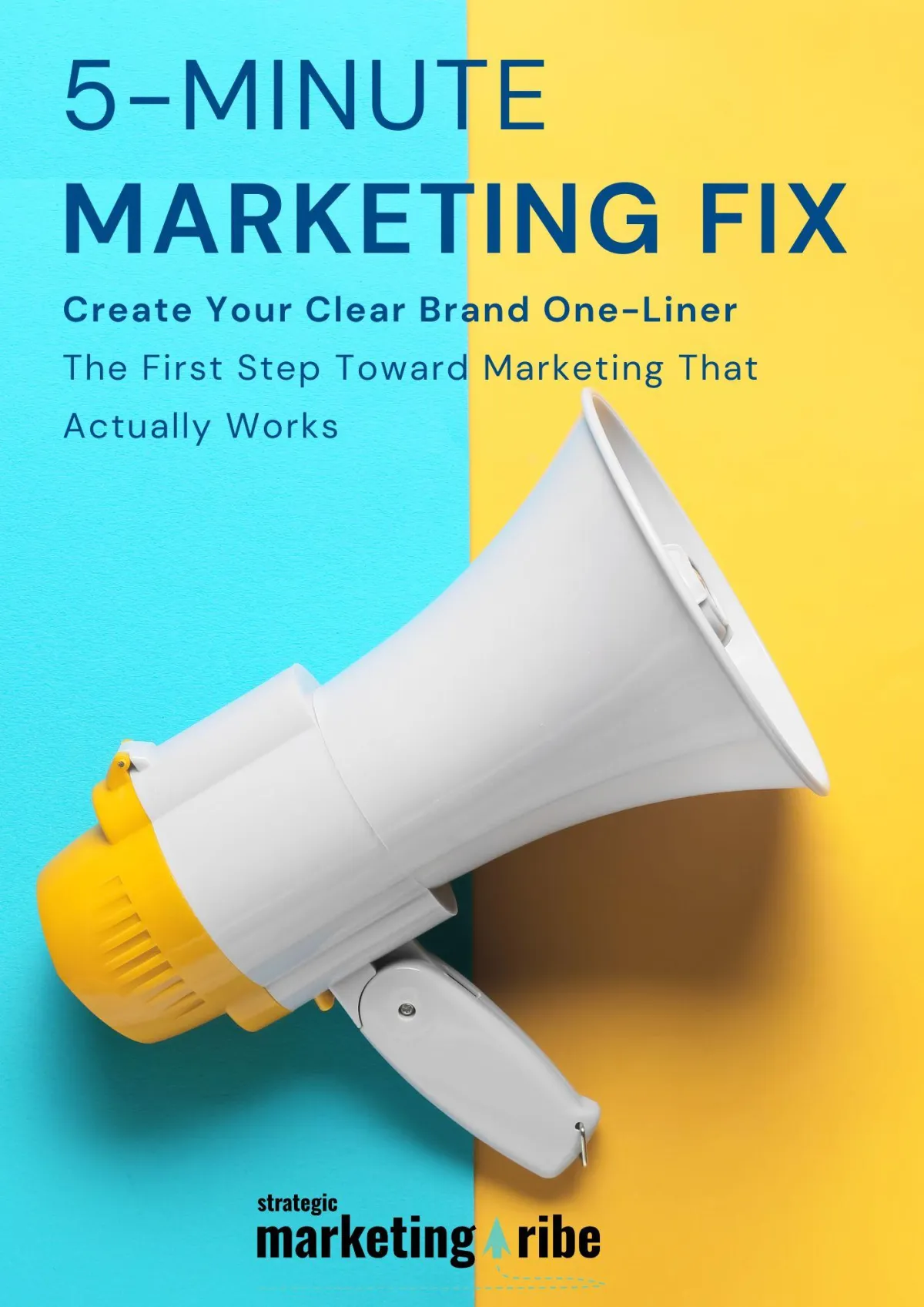
Created with clarity (and coffee)
